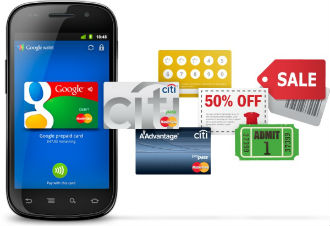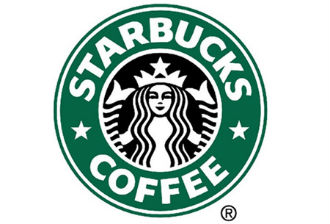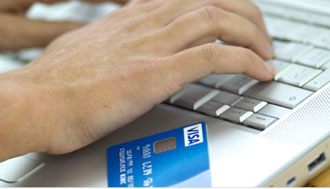Kevin Jenkins, the former Managing Director of Visa, has joined the board of blockchain payments and identity brand Nuggets. In a major coup for the fast-growing British company, Jenkins has signed on as a non-Executive Director, bringing years of invaluable experience to the team.
Nuggets has already been making rapid progress in the worldwide payments area, especially recently in China, it claims. As the platform rolls out across the globe, Jenkins’ “considerable expertise” looks set to accelerate that progress even further.
Alastair Johnson, founder and CEO of Nuggets, said: “Kevin is a true payments pioneer, with an amazing reputation for establishing partnerships with financial Institutions, technology partners, retailers and e-commerce providers.
“He’ll help us build the relationships we need to roll out the product as quickly as possible. We’re thrilled that, after so long working on customer payment journeys at Visa, Kevin will be helping us bring even more fundamental and exciting change to the way people manage payments and ID.”
The Visa the brand was used to spend over £1 in every £3 in the UK. He also drove the adoption of contactless payments at UK merchants. The successful partnership with TFL has led to more than a billion contactless journeys and more than 40 percent of all pay-as-you-go London transport journeys a day.
Kevin Jenkins said: “The current model of businesses holding personal information is broken. It needs fundamental change, study after study shows that customers are frustrated by the payments journey: the many steps they have to take, and the security fears.
“For decades, the payments industry has been trying to achieve a balance between security and convenience. What impresses me so much about Nuggets is that it manages to optimise both.
“I’m convinced that every stakeholder in the payments ecosystem, from customers to retailers, will embrace Nuggets. I’m incredibly excited to be part of a genuine revolution.”
This latest board announcement follows the news, at the end of June, of Nuggets’ partnership with QFPay, the Chinese payment provider used by Asian commerce giants Alipay and WeChat.
QFPay has managed more than 500 million mobile payment transactions to date. Now, Asian merchants using QFPay will also be able to use Nuggets’ unique payments and identity features.










